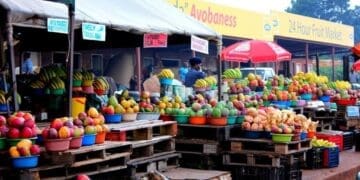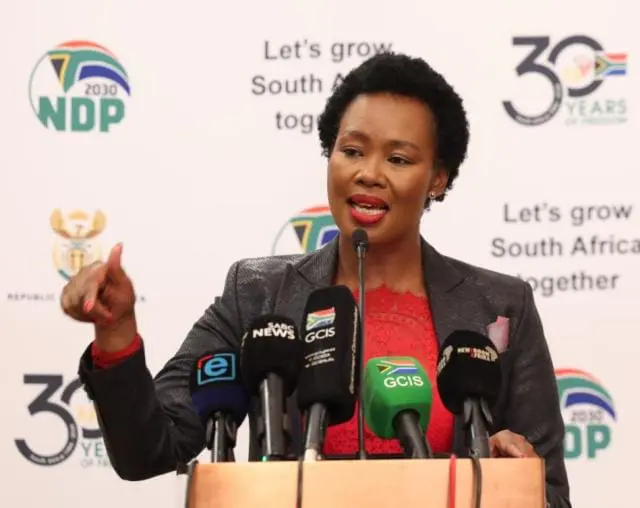South Africa’s small business sector is closely watching the government’s rollout of a new funding policy for SMEs and cooperatives, a move that could redefine access to finance for township and rural entrepreneurs.
The policy, approved by Cabinet earlier this year, has shifted into its implementation phase, with provincial roadshows and digital portals opening this month to begin processing applications under the new framework.
Entrepreneur Thandi Sebusi, founder of Ubuntu Textiles & Design in Tembisa, the stakes could not be higher. Sebusi has built a small but thriving business producing African print garments, employing six seamstresses.
She has been trying to expand for three years but was repeatedly denied funding because she lacked audited financial records and property to use as collateral.
“I’ve lost count of how many times I’ve applied and been turned away,” she said. “We hear about funds being available, but they do not seem to reach businesses like mine. If this new system is as simple and fair as government says, it could finally give us a chance to grow,” said Sebusi.
The Department of Small Business Development has been hosting workshops in provinces including Mpumalanga, KwaZulu-Natal, and Limpopo to train entrepreneurs on how to apply under the new rules.
Minister Stella Ndabeni said this month that the reforms are aimed at breaking the cycle of exclusion that has kept township and rural businesses on the margins of the economy.
“For too long, our funding processes have favoured those with collateral and audited statements, which most emerging businesses do not have,” Ndabeni said during a recent briefing.
“We are now introducing systems that use alternative data, such as payment histories and mobile transactions, and a movable asset registry that allows entrepreneurs to leverage their machinery and stock as collateral. This is not just about promises implementation is underway.”
The policy also includes the launch of two dedicated funds: a Development Fund for higher-risk enterprises and cooperatives, and a Commercial Fund for small businesses ready to scale up. According to the department, the first tranche of disbursements will begin in October, with a focus on youth- and women-led businesses.
Jacob Mhlongo, co-founder of HarvestCo Produce in rural Mpumalanga, believes these changes could be transformative.
His cooperative supplies fresh vegetables to local schools and markets, but without cold storage facilities and reliable transport, up to 30% of their produce goes to waste. Previous funding applications were bogged down by months of back-and-forth paperwork, only to end with rejection letters.
“We are cautiously hopeful,” Mhlongo said. “If these new rules make the process faster and clearer, we could finally get the equipment we need and hire more people from our community. But we have been disappointed before, so we are watching carefully.”
SMEs contribute between 52% and 57% of South Africa’s GDP and employ more than 60% of the workforce, yet many operate informally, unable to grow or compete due to a lack of access to finance. By prioritising these businesses, the government hopes to bring thousands into the formal economy and stimulate job creation.
For Sebusi and Mhlongo, the coming months will reveal whether the rollout delivers real change. If the new policy succeeds, it could mark a turning point for entrepreneurs across South Africa.
If it falters, it risks becoming another well-intentioned initiative that never reaches the people it was designed to help.
lazola@vutivibusiness.co.za






















































